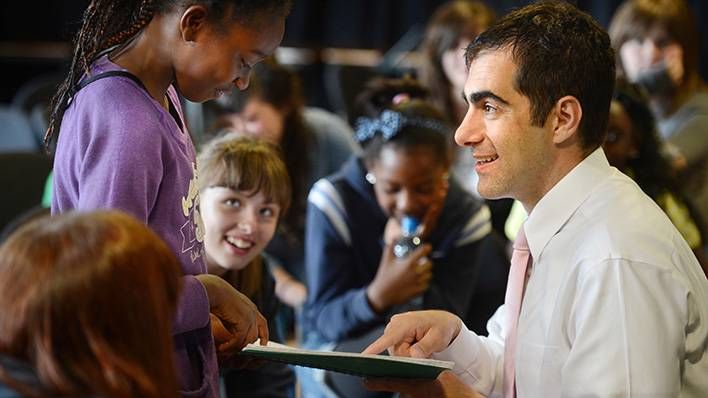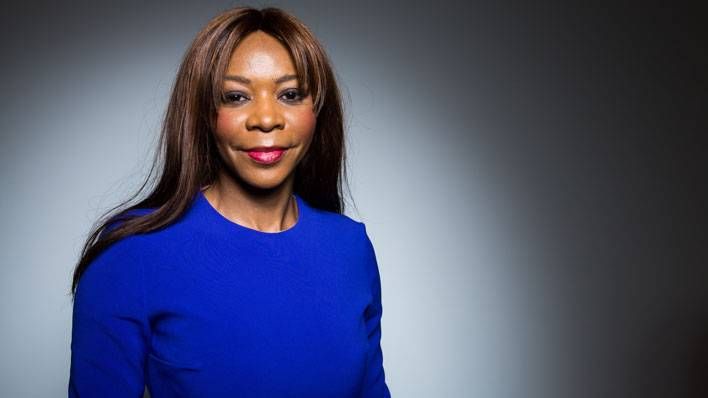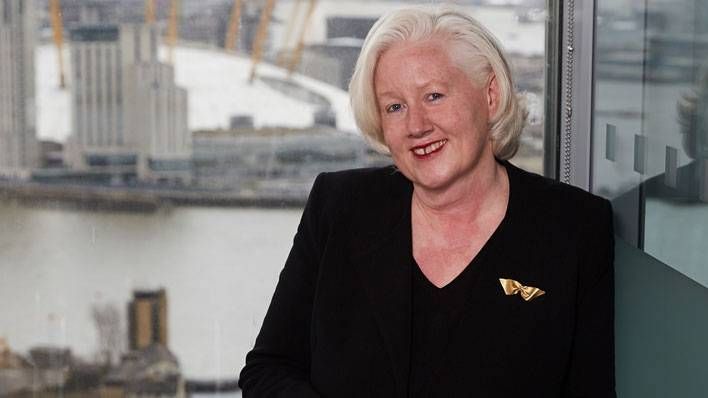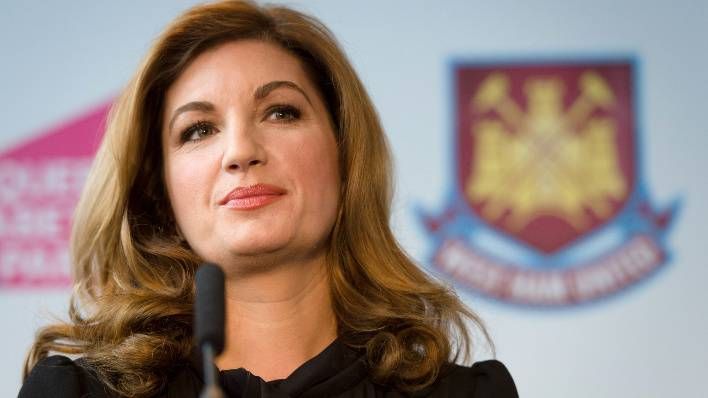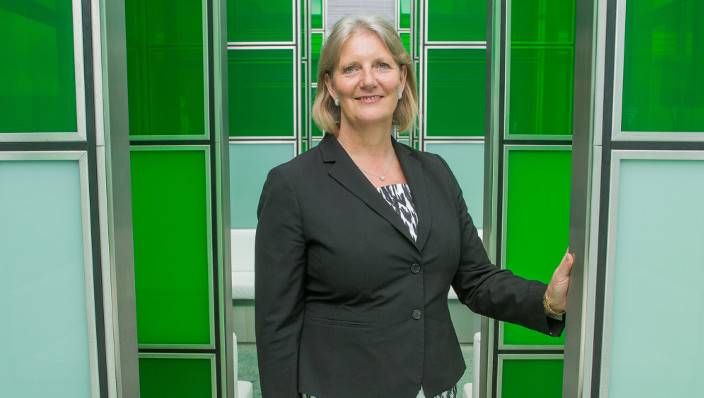Dambisa Moyo has been a Non-Executive Director on the board of Barclays since 2010. Born in Zambia and now based in New York, Moyo is an economist and author whose books tackle macroeconomic problems around aid, resources and geopolitics. We talk with her about leadership, how to measure morale - and what you can learn from watching Columbo.
What was your earliest work experience?
I was a waitress at a fish restaurant. I had to sing ‘Happy Birthday’, which was torturous – you don’t want hear my singing voice – but I think it was incredibly important to learn teamwork. When you’re a waiter in a fast food restaurant it’s important to work effectively with the kitchen and with the managers who are trying to move the tables around, so it was a very interesting experience.
It taught me a lot about how the best leaders are very keen and specific about ensuring all members of the team contribute to discussions and the process of moving the organisation forward. It’s not good enough to have a dictatorial leader. Ultimately decisions do have to be made but I think the most effective leaders I saw were those who were more open-minded and recognised that the waiters were at the coalface of the institution interacting with clients and customers, so had information and perspective that the management did not have.
Is there an individual in your career who has been particularly important in your development?
For my part, I turn to my mother and my father – both have been tremendous influences in terms of their own work careers. My mother has been in finance and I think her work ethic plus her ability to engage with people across the businesses in her organisation has been incredibly helpful in setting the standard for how I try to manage my own organisational skills.
My parents grew up in the colonial era, very poor in rural Africa. They met at university, as two of the first black students to graduate from the University of Zambia, and they built a life for themselves and really emphasised the importance of education for myself and my siblings. There was a lot of sacrifice and I’m very grateful. For them to not only transcend a lot of the challenges of growing up in the colonial era but to be able to be successful and encourage their children is something that’s immeasurable.
What’s the best piece of advice on leadership you’ve been given?
Leaders need to listen. They should reduce the amount of speaking and increase the amount of listening. The rule of thumb that I was told was that God gave us two ears and one mouth and we should use them proportionately.
Which colleague has had the biggest impact on your career?
At Barclays, it’s someone who would probably prefer to remain nameless: a gentleman who works in the tearoom at the board level. He has been very influential in giving me information about the morale of the institution. I’ve asked him over the years what he thinks, what he’s hearing, what he’s seeing, and with of some of the big decisions we’ve had to make over the seven years I’ve been here, a lot of it has been influenced by him.
I also really enjoy the fact that the Barclays Chairman John MacFarlane does force our hands for everyone to speak and offer opinions on different issues. That’s very important and I hope it percolates through the organisation.
What skills do you bring to the board that might not otherwise be there?
There are three key aspects of the role of the board. The first one is in selecting a CEO. The second is around the strategy of the organisation and providing checks and challenges. The third aspect is setting a tone for the organisation.
I have a PhD in Economics so a lot of the strategic issues we talk about on whether and how Barclays should be investing in different geographies or businesses are areas where I can bring the most value. By nature I’m inquisitive, so I love to have debates and discussions and puzzles, which is why I love being on the Barclays board - it has been the gift that keeps on giving. We’re always being thrown issues and challenges and decisions that we have to make with the best judgements that we can for the future of the organisation.
Perhaps it’s no accident that the first role of the board is to select the CEO. It’s critically important for the organisation to have leadership, not just at the highest levels but in the everyday interaction we have with our colleagues. It sets the tone for the organisation and the direction of the institution in terms of the business we do.
There are three key aspects of the role of the board. The first one is in selecting a CEO. The second is around the strategy of the organisation and providing checks and challenges. The third aspect is setting a tone for the organisation.
This is not something I claim to be perfect at, but I think we should enjoy the time we have with our friends and family, and that requires us being very disciplined – as disciplined as we are at work.
I’m reminded of a comment that a senior woman at Barclays made to me: that we should treat our friends and families the way we treat our clients. I thought that was a very good point because too often we bark at our friends and family and yet speak very kindly and decently to our clients, and that’s something that I’ve taken to heart.
